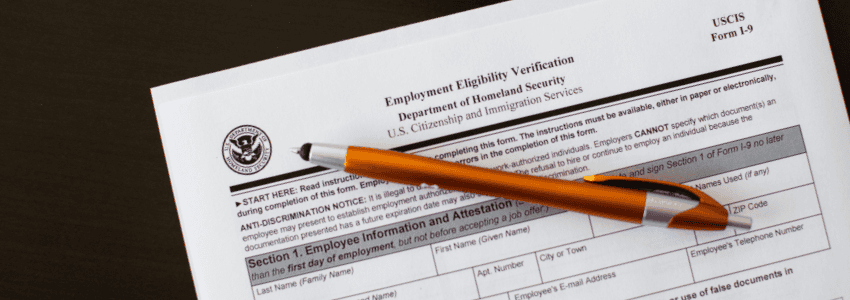How Can You Teach a Manager to be a Good Listener?
Last Updated on January 17, 2023 / Communications

HR Question:
I’ve received a couple of complaints about one of our managers because he is quick to jump to conclusions and doesn’t listen well to his team. I want to provide him with some coaching on active listening. Can you offer suggestions on how to teach him to be a good listener?
HR Answer:
How many times have you walked away from a conversation with someone, whether it was your boss, co-worker, friend, or family member, saying “they just don’t listen to what I am saying!”? This is a common frustration for many, and it happens for a variety of reasons. Whatever the reason, it causes dissatisfaction and can lead to hurt feelings or feelings of distrust.
Listening is a leadership skill that is rarely taught, yet it is a critical one for managers. And listening is getting more challenging in the world of remote employees, remote customers, and remote meetings. In more than thirty leadership and HR articles published on our website alone, listening is cited as an important component in the advice, training, or program being recommended. So, as you look to provide active listening coaching, you want to help the manager to understand both why it is important and how to become a better listener.
Why Listening Skills Matter
The ability to make others feel valued for their contributions to a project, a team, or an organization as a whole is a reflection of an effective leader. Being a good listener and ensuring that employees feel heard is essential in developing trust, respect, and loyalty.
In a recent Fast Company article discussing the science behind how to become a better listener, Dr. Tomas Chamorro-Premuzic, professor of business psychology at Columbia University, shared that “how well and frequently you listen to others is a better predictor of your leadership potential than your actual intelligence or personality.” He also shared that people who are good at listening are better performers, have a high level of well-being, and have more meaningful and fulfilling relationships.
So, it doesn’t matter if someone is the smartest person in the room… if they’re not a good listener, they will struggle to develop the relationships that are necessary to be a great leader and manager.
How to Improve Listening Skills
How can someone become a better listener? Both Fast Company and the Harvard Business Review dive into science-based, specific steps on how to become a better listener. To break down their suggestions to the barest components, both sources recommend these basic essential steps:
- Be Quiet
- Listen
- Repeat
Sounds easy, right? But what do each of those steps really entail? To implement them correctly, you must:
- Focus all of your attention on the other person. Stop what you are doing with your computer, phone, or even distracting thoughts from a previous conversation running through your head. Use all of your senses to focus on what the person in front of you (in person or on-screen) is saying.
- Use non-verbal cues to communicate that you are listening, like making eye contact and nodding your head. Also, pay attention to the speaker’s non-verbal clues to see if they are congruent with the words they are saying.
- Remain calm and control any emotional response you have to what they are saying. Allow them to finish their statements before you say anything in response, and do not plan your response in your head while they are still talking. Listen to everything they have to say first.
- Restate the last few words they said, and clarify what you believe they were saying. Ask follow-up questions. If the person’s words do not match the non-verbal signs the speaker is giving, carefully inquire about the differences.
- Finally, make sure you understand why they shared this message with you, and if you do not, then ask. A good listener seeks to understand the speaker’s intent, i.e., were they just venting, were they sharing an accomplishment and they need praise, or do they expect you to take some action as a result of what they shared?
Active Listening Enhances Your Professional and Personal Life
It takes practice to be a good listener. It may come more naturally for some than others, but it is a skill that everyone can develop. As you work on finetuning the skill, ask for feedback about how well you listen… and listen to the response! Listening is a skill that will not only enhance your communication and leadership at work, but it’s valuable in your personal life as well. Working on your active listening skills will be time well spent – your employees, friends, and family will appreciate your efforts.
Thank you to Lorrie Diaz, MS, for contributing to this HR Question of the Week.
Carefully choosing the right words and the best approach can make the difference between achieving your goals or having your efforts go awry. Managing your HR Communications doesn’t have to be hard – as long as you have the right tools and training. Learn more about how Clark Schaefer Strategic HR (CSSHR) can help with your HR Communications or contact us about your needs.













